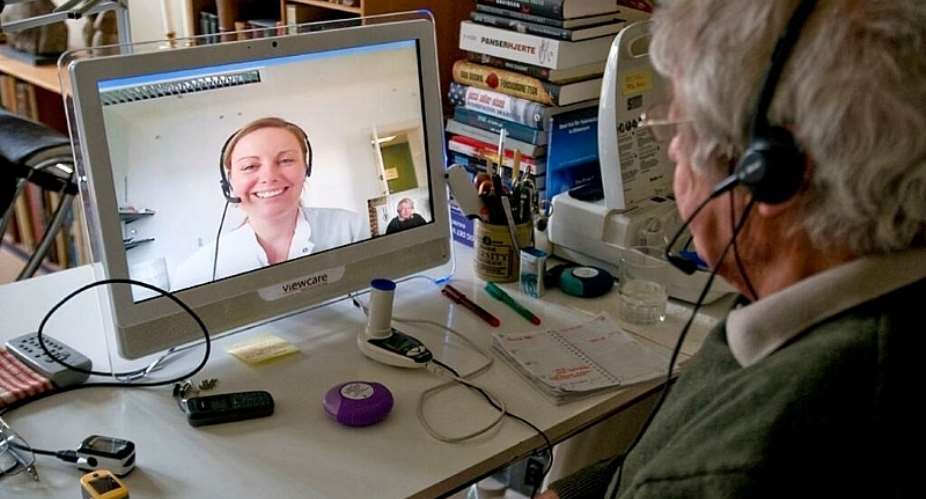More than a third of the 12 million people living in the Paris region have cancelled or postponed medical treatment since the start of the health crisis, according to a study published Tuesday, which also underlines that 17 percent of employees want to leave the region.
The Paris Region Institute published its annual barometer on living conditions and aspirations on Tuesday, based on data from 4,200 people.
36 percent of those surveyed said they had given up, cancelled or postponed healthcare, dental care in particular (47 percent). There was also a marked drop in gynaecological consultations (27 percent), general practitioners (26 percent) and ophthalmologists (25 percent).
The two main reasons were increased delays in getting an appointment, particularly for general practitioners, and the fear of catching Covid-19 which was most prevalent for gynaecological and dental care.
A third of the inhabitants of France's most populated region have consulted medical professionals online in the previous 12 months and the vast majority (91 percent) said they were satisfied with that method.
Remote working
The study shows that teleworking had doubled in Ile-de-France, with 42 percent of the working population using it during the previous year, compared to 20 percent before the crisis. People worked remotely an average of 2.6 days a week compared to 1.4 before the crisis.
Only 7 percent of those who had already teleworked would like to see its share decrease from its pre-crisis level; 40 percent would like to increase it and just over half would like to maintain it.
Satisfied workers said the three main advantages were: savings in travel time and less reliance on public transport, flexibility in personal organisation and efficiency at work.
French healthcare spending reached record lows during 2020 Covid pandemic
Remote working is settling in for the long term in France, survey shows
While nearly four out of ten working people plan to move house, only 17 percent plan to leave the region. The proportion is slightly higher among blue-collar workers (24 percent) and lower among retirees (10 percent).
Respondents said they were more concerned about the fight against insecurity and poverty (21 percent), terrorism (20 percent) and climate change (20 percent) than the fight against illegal immigration (13 percent) or unemployment (10 percent).





 Galamsey: Five Burkinabes jailed 20 years each for mining
Galamsey: Five Burkinabes jailed 20 years each for mining
 'It's no crime' – Abu Sakara defends Alan's exit from NPP
'It's no crime' – Abu Sakara defends Alan's exit from NPP
 'We know all your houses, pay your bills now or we’ll disconnect you; we're all ...
'We know all your houses, pay your bills now or we’ll disconnect you; we're all ...
 Impacts of air pollution extremely dire – Clean Air Fund
Impacts of air pollution extremely dire – Clean Air Fund
 Lofortoe Chief gives one week ultimatum to Fulani herdsmen to vacate
Lofortoe Chief gives one week ultimatum to Fulani herdsmen to vacate
 2024 elections: A vote for Mahama will turn Ghana's education system upside down...
2024 elections: A vote for Mahama will turn Ghana's education system upside down...
 Dumsor: NPP will be punished in election 2024 if gov't doesn't address current s...
Dumsor: NPP will be punished in election 2024 if gov't doesn't address current s...
 Akufo-Addo directs GRA, Finance Ministry to renegotiate deal with SML
Akufo-Addo directs GRA, Finance Ministry to renegotiate deal with SML
 Kofi Bentil’s love, support for Bawumia will never represent IMANI – Franklin Cu...
Kofi Bentil’s love, support for Bawumia will never represent IMANI – Franklin Cu...
 NPP outperforms NDC in health infrastructure in Ashanti Region — LIPS report
NPP outperforms NDC in health infrastructure in Ashanti Region — LIPS report
